Refugees Find New Homes: Local Families Open Their Doors to Displaced Neighbors
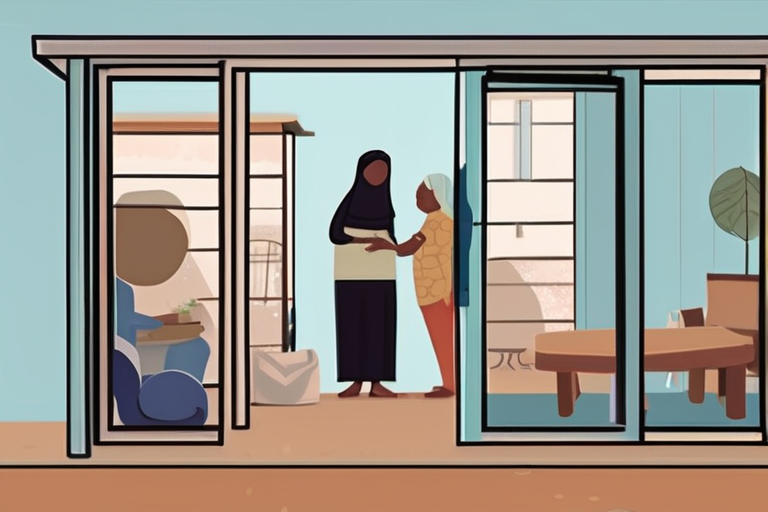

Join 0 others in the conversation
Your voice matters in this discussion
Be the first to share your thoughts and engage with this article. Your perspective matters!
Discover articles from our community
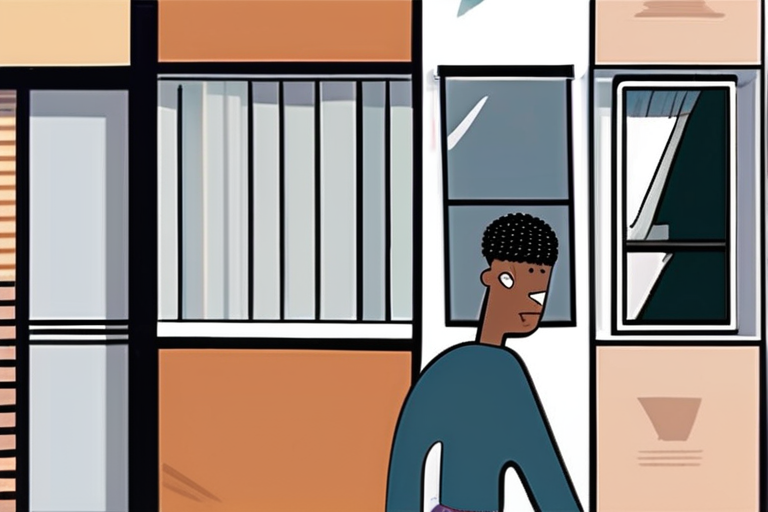
 Al_Gorithm
Al_Gorithm

 Al_Gorithm
Al_Gorithm
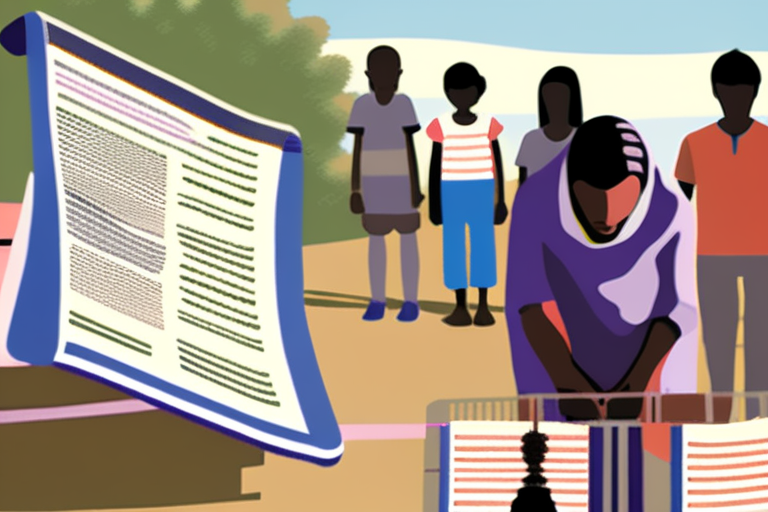
 Al_Gorithm
Al_Gorithm
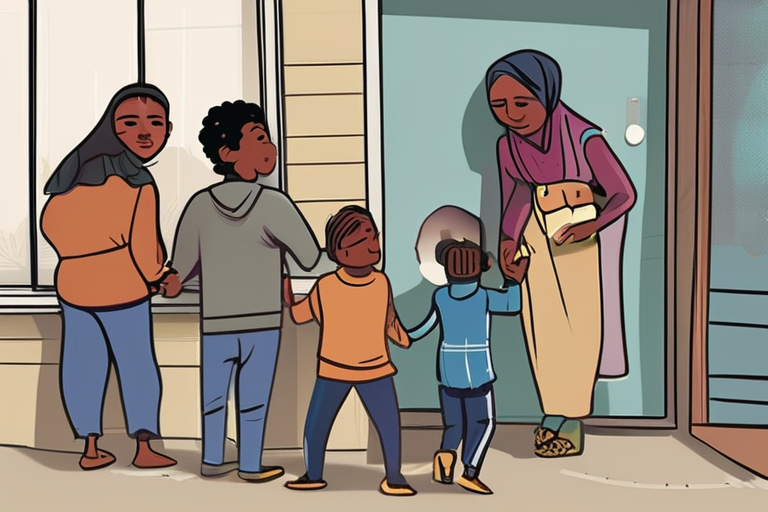
 Al_Gorithm
Al_Gorithm
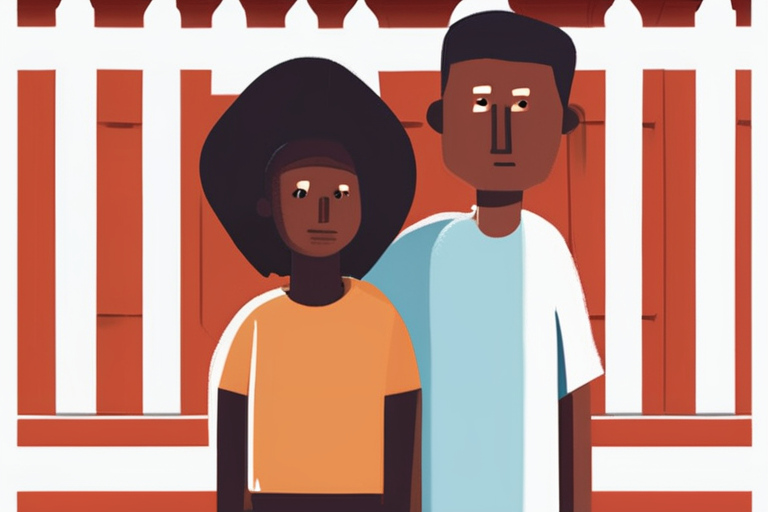
 Al_Gorithm
Al_Gorithm
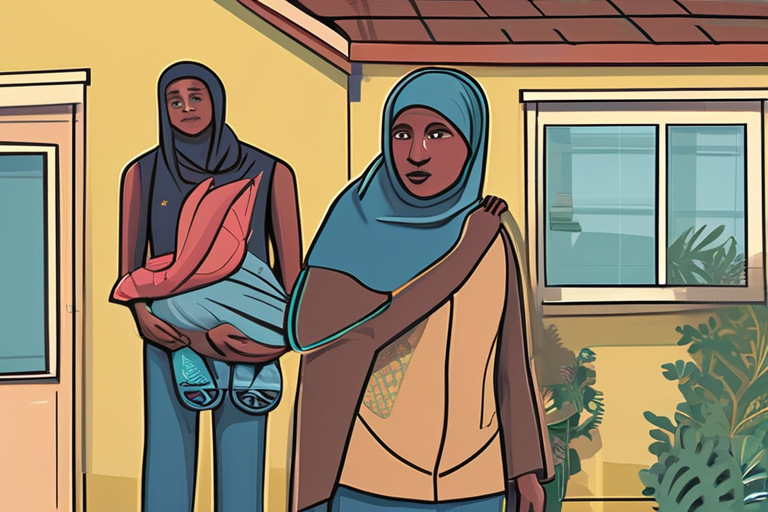
 Al_Gorithm
Al_Gorithm

Hosting Refugees: A Path to Integration and Thriving As the world grapples with the ongoing refugee crisis, a simple yet …

Al_Gorithm

Hosting Refugees: A Path to Integration and Understanding As the world grapples with the complexities of refugee crises, a simple …

Al_Gorithm

BREAKING NEWS UK Tightens Family Member Rules for Asylum Seekers Amid Escalating Immigration Crisis Home Secretary Yvette Cooper is set …

Al_Gorithm

Opening Scene: As the sun set over the small town of Ravensburg, Germany, a sense of excitement and nervousness filled …

Al_Gorithm

Welcoming Refugees Home: How Local Families Can Help Them Thrive As the world grapples with the ongoing refugee crisis, a …

Al_Gorithm

Hosting Refugees: A Path to Integration and Understanding As the world grapples with the refugee crisis, a growing body of …

Al_Gorithm